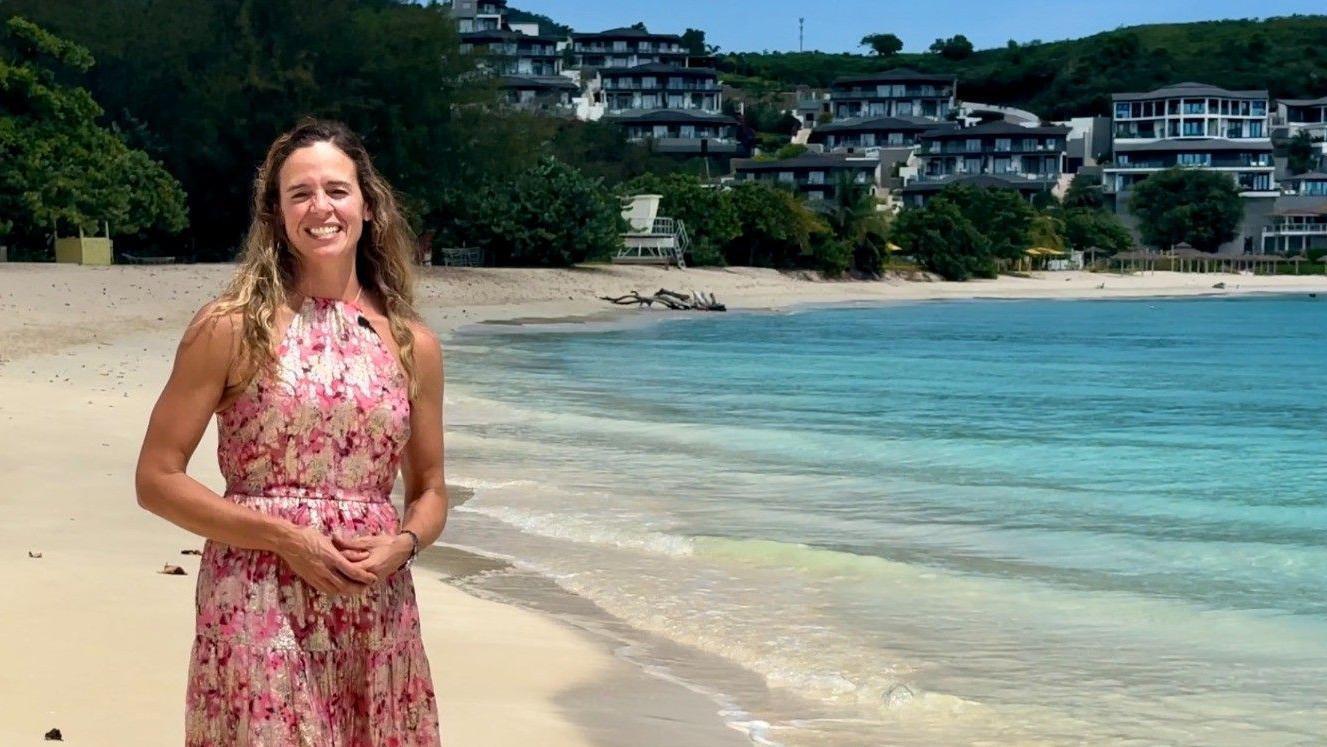
The Rise of Citizenship by Investment in the Eastern Caribbean
In recent years, the real estate market in the Eastern Caribbean has seen a significant shift. While the region is still known for its breathtaking beaches and relaxed lifestyle, a new trend has emerged: property listings now often come with an added bonus—citizenship. This unique offering has gained traction, especially among wealthy individuals seeking additional security and flexibility.
Five island nations in the region—Antigua and Barbuda, Dominica, Grenada, St Kitts and Nevis, and St Lucia—offer citizenship by investment (CBI) programs that can be accessed for as little as $200,000. These programs not only provide buyers with a home but also grant them a passport that allows visa-free access to up to 150 countries, including the UK and the Schengen area.
For high-net-worth individuals, the absence of taxes such as capital gains and inheritance taxes, and in some cases on income as well, is another major attraction. Moreover, these programs allow buyers to retain their original citizenship, making it a convenient option for those looking to diversify their global presence.
A Growing Demand from the United States
The demand for these programs has surged, particularly from the United States. According to investment migration experts Henley & Partners, US citizens account for the bulk of CBI applications in the Caribbean over the past year. Other frequent applicants include individuals from Ukraine, Turkey, Nigeria, and China.
This increase in interest is attributed to various factors, including political and social instability in the US. Dominic Volek, a representative from Henley & Partners, notes that issues ranging from gun violence to anti-Semitism have made Americans more concerned about their safety and future. As a result, many are turning to these programs as an insurance policy against potential uncertainties.
While not all applicants relocate, around 10-15% do so, according to Volek. For most, having a second citizenship offers a sense of security and flexibility, allowing them to travel more freely and explore business opportunities.
Economic Impact and Controversies
The economic impact of these programs is substantial. Since the inception of the CBI initiative in 1993, Dominica alone has raised over $1 billion, which has been used to fund critical infrastructure projects such as a state-of-the-art hospital. Similarly, Antigua’s Prime Minister Gaston Browne has credited the program with helping his country avoid bankruptcy over the past decade.
However, these programs are not without controversy. When the idea of selling passports was first introduced in 2012, it sparked protests and criticism. Some residents felt that the nation's identity was being compromised, while leaders of other Caribbean nations have also voiced concerns about the ethical implications of selling citizenship.
International bodies such as the European Union have raised alarms about the potential for these programs to be exploited for illicit activities. The EU has threatened to withdraw visa-free access for Caribbean CBI countries, citing concerns about security risks and potential tax evasion.
Reforms and Future Outlook
In response to these challenges, the Caribbean nations have committed to enhancing oversight and transparency. They have established a regional regulator to set standards and ensure compliance. Additionally, six principles agreed upon with the US include enhanced due diligence, regular audits, mandatory interviews with applicants, and the elimination of loopholes that previously allowed denied applicants to reapply elsewhere.
Despite the controversies, the programs remain popular. In St Kitts, journalist Andre Huie notes that the CBI scheme is generally well-supported by the public, who recognize its economic benefits.
As the world continues to grapple with geopolitical tensions and economic uncertainties, the allure of Caribbean citizenship through investment shows no signs of waning. For many, it represents not just a place to live, but a strategic move toward a more secure and flexible future.
